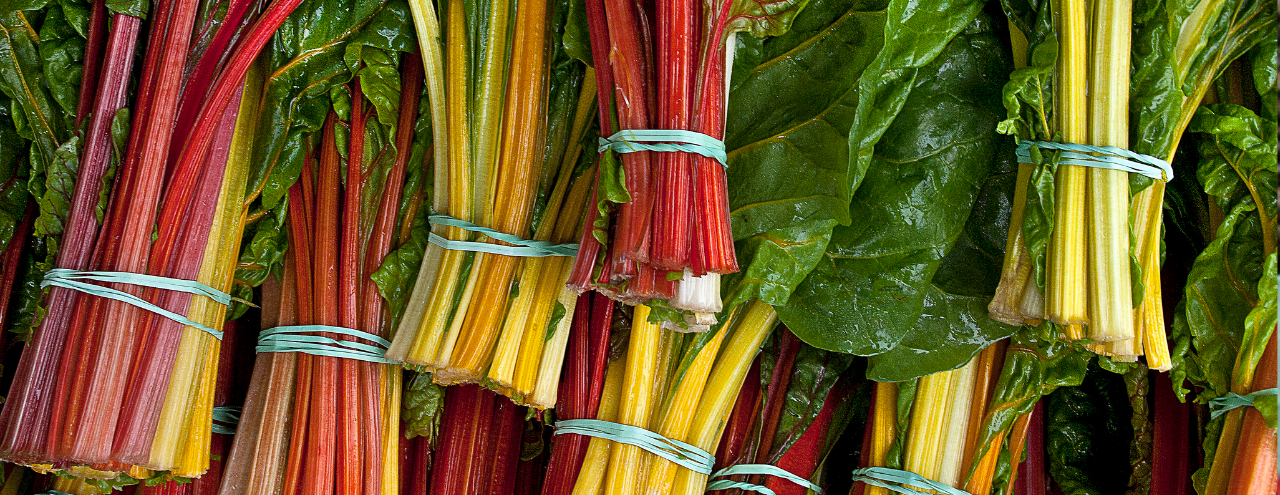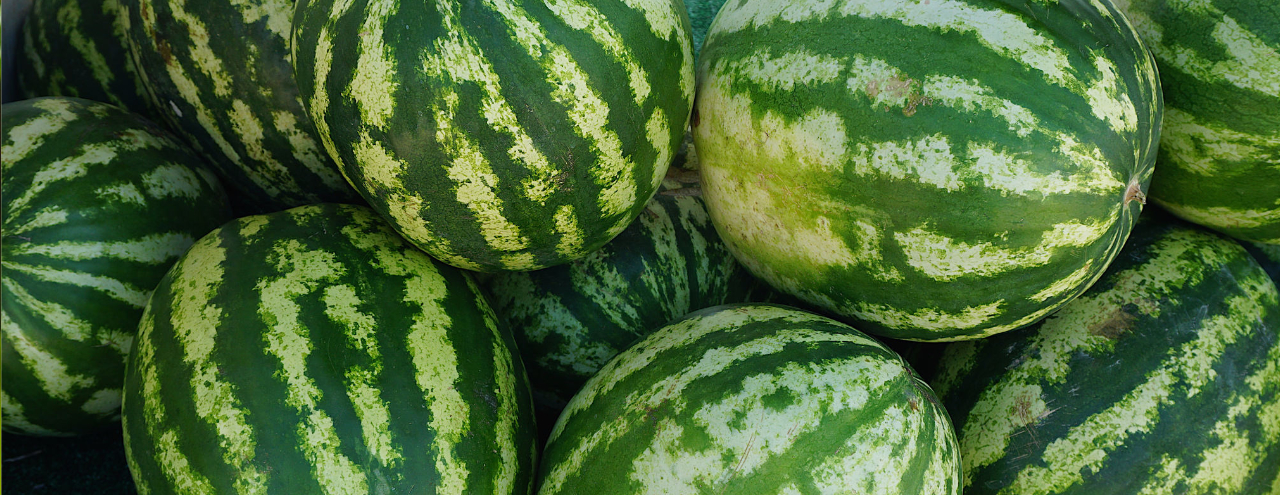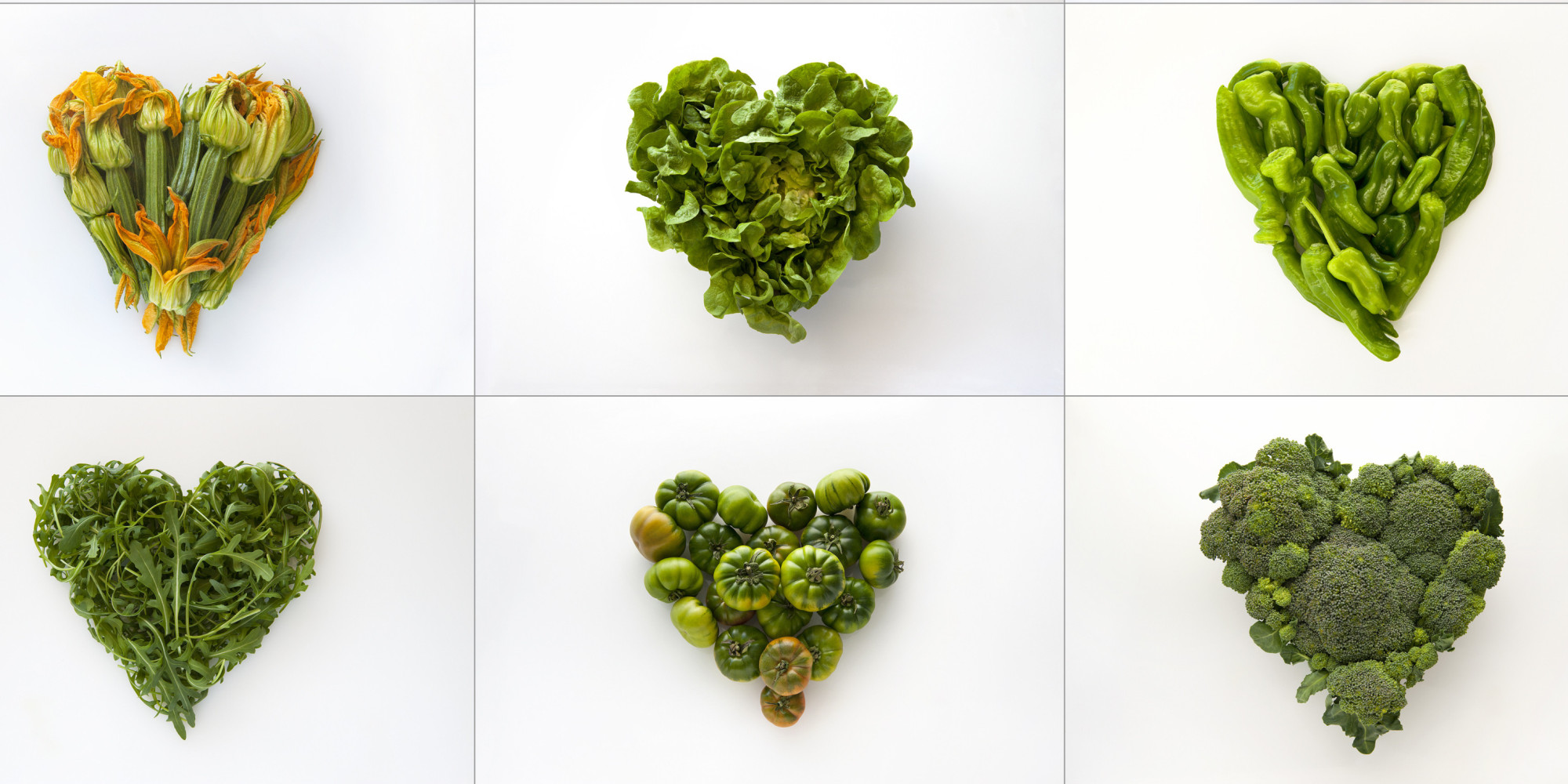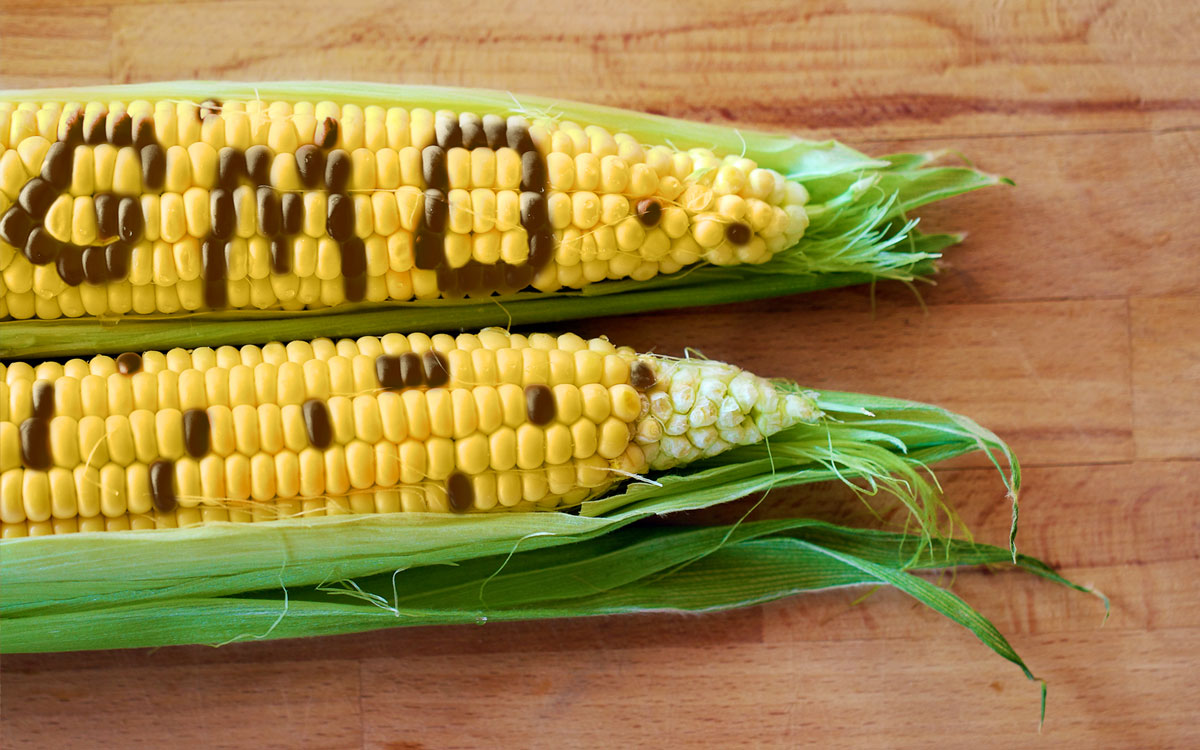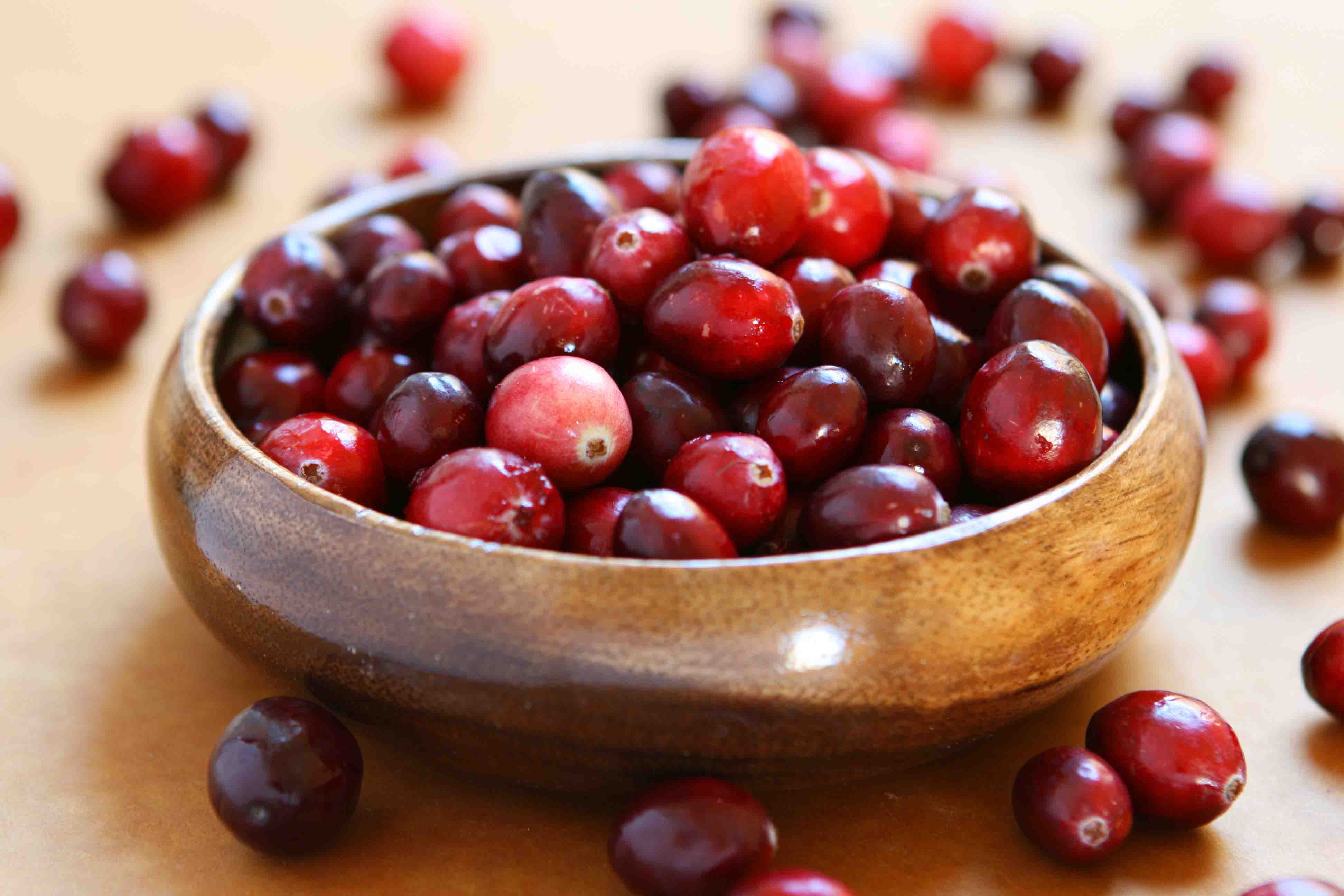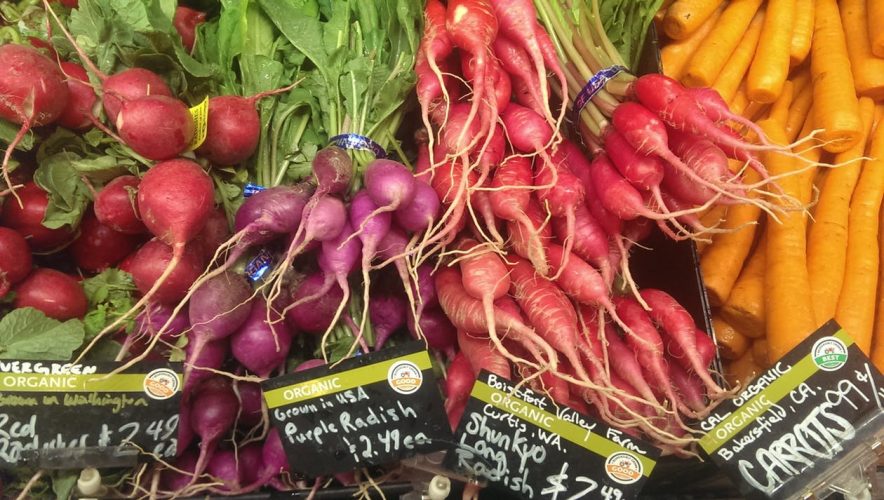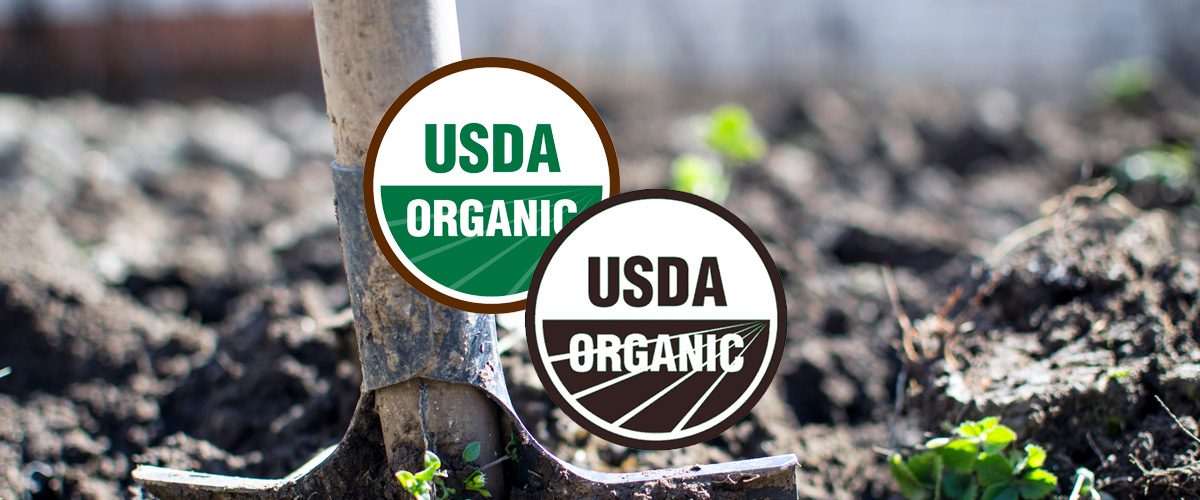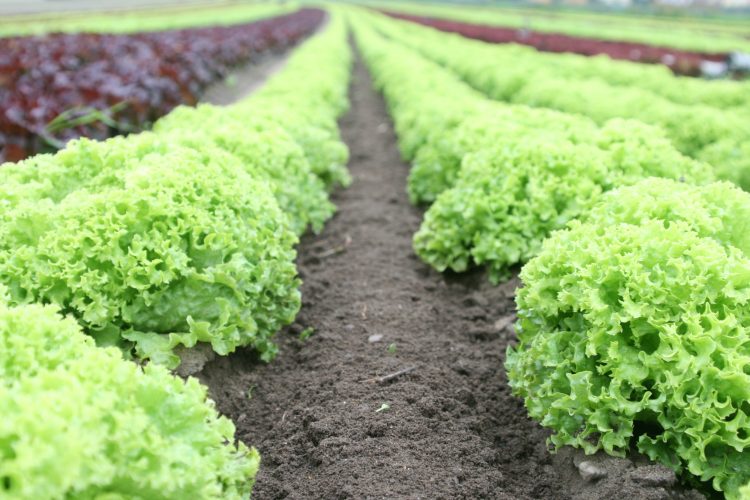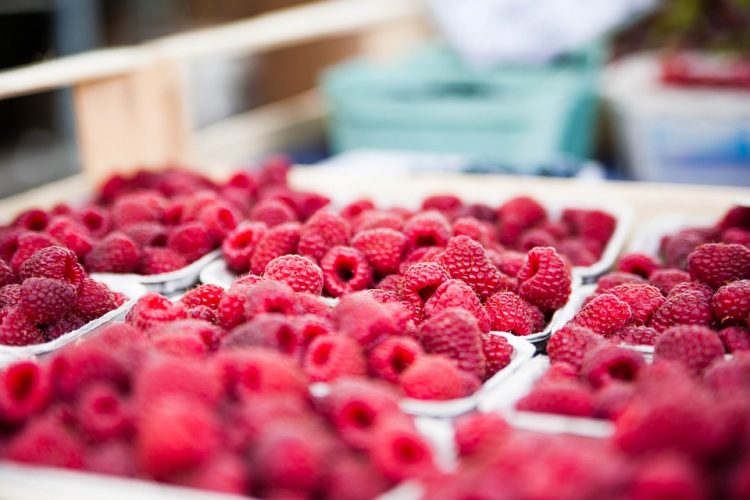Five Tips on Beating Fall Allergies
Fall can be tough for people who have seasonal allergies. Ragweed is the biggest trigger in the fall, often releasing pollen from August until October. Ragweed pollen can travel for hundreds of miles on the wind, says WebMD, so you can be exposed even if it doesn’t grow where you live. Other fall offenders include […]
Summer Produce Guide: Chard
Chard A relative of the beet, chard is a mellow, earthy green that peaks from June through October. Both the leaves and stems, which are often vibrantly colored, are edible. Sauté the leaves simply with garlic and olive oil, stuff them with filling as you would grape leaves, or use them anywhere you’d use spinach […]
Summer Produce Guide: Watermelon
Watermelon Restorative and refreshing, watermelons belong to a family of vines that include cucumbers, gourds, and other melons. The fruit is thought to be native to Africa, where it has been cultivated for thousands of years; in the U.S., hundreds of varieties are grown, and can vary tremendously in size and shape, with flesh ranging […]
Organic Onions Have More Antioxidants Than Conventional Ones
New six-year long stufy found organic onions have more antioxidants than conventional ones — yet another reason to buy organic. The Brief: A recent study in Ireland found more antioxidant activity and higher flavonol content in organic onions compared to conventionally grown ones, according to a recent article on New Hope Network. While it’s a […]
Maximize Your Fruit and Vegetable Freshness
If you’re like many shoppers, you buy a bounty of beautiful produce each week only to have it go to waste in a matter of days. If you’re tired of tossing good food and money, there is a simple solution – and no, it doesn’t involve more frequent trips to the grocery store. The trick […]
Green Foods May Power Your Cells Like Plants
How many times have you heard the recommendation to eat your greens? Kale, bok choy, mustard greens, broccoli and other vegetables have been praised as superfoods and are often rated as the healthiest foods to eat. Although there are many components of these foods that contribute to health like the fiber, minerals, micronutrients and antioxidants, […]
What Is Non-GMO? What Are Genetically Modified Foods?
Non-GMO means non-genetically modified organisms. GMOs (genetically modified organisms), are novel organisms created in a laboratory using genetic modification/engineering techniques. Scientists and consumer and environmental groups have cited many health and environmental risks with foods containing GMOs. As a result of the risks, many people in the United States and around the world are demanding […]
Festive Foods for Christmas
Christmas is just days away and what better way to celebrate than with the season’s most powerful red and green produce. Here are the top six festive food picks for nutrition and taste this Christmas holiday season. Beets Beets contain a unique source of phytonutrients called betalains – which have been shown to provide antioxidant, […]
Glossary
Below are some terms you may come across as you learn more about organics. Biodynamic—Made popular by Austrian philosopher Rudolf Steiner, biodynamic farming combines organic methods, including crop rotation and composting, with special plant, animal, and mineral preparations and the rhythmic influences of the sun, moon, planets, and stars. California Certified Organic Farmers (CCOF)—CCOF is […]
Certified Organic Label Guide
Making sense of organic labeling can be difficult, and many consumers do not understand the significance of the USDA Organic label. Since October 21, 2002, the following guidelines were established by the United States Department of Agriculture’s (USDA) National Organic Program (NOP) to assure consumers know the exact organic content of the food they buy. Single-Ingredient Foods […]
Top 10 Reasons to Support Organic in the 21st Century
1. Reduce The Toxic Load: Keep Chemicals Out of the Air, Water, Soil and our Bodies Buying organic food promotes a less toxic environment for all living things. With only 0.5 percent of crop and pasture land in organic, according to USDA that leaves 99.5 percent of farm acres in the U.S. at risk of […]
Organic Myths
Myth: Organic food is too expensive. Fact: In general, organic food costs more than conventional food because of the laborious and time-intensive systems used by the typically smaller organic farms. You may find that the benefits of organic agriculture off-set this additional cost. At the same time, there are ways to purchase organic while sticking […]

